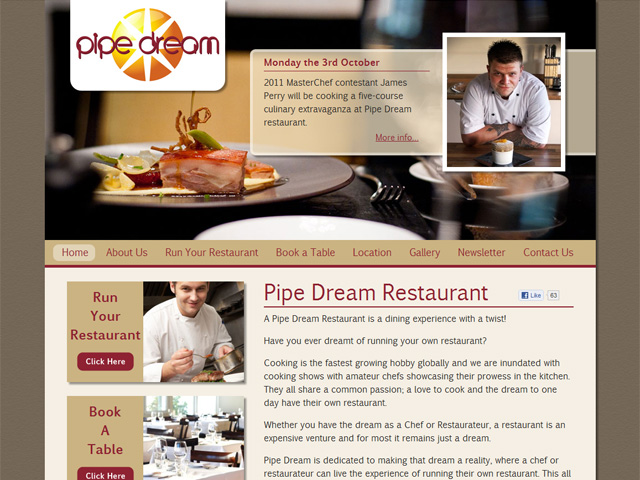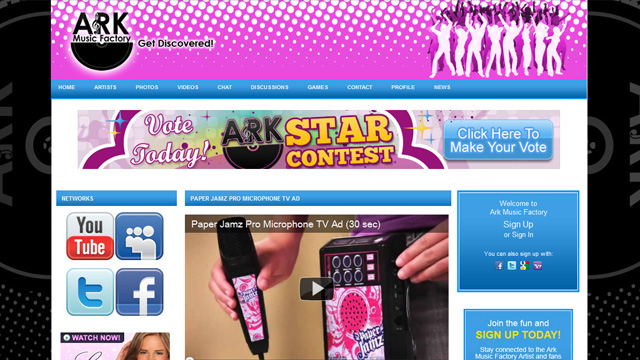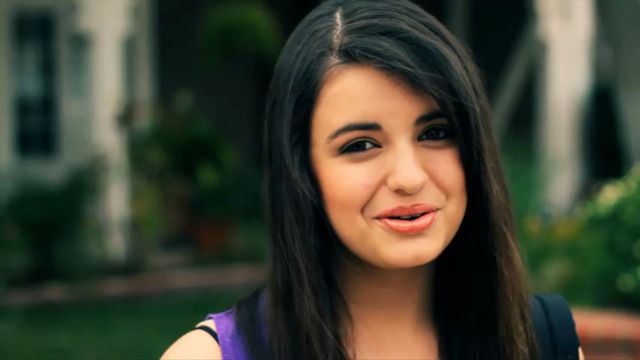Alex: A Life Fast Forward

Sam Hill
26th July 2011

Alex: A Life Fast Forward is a documentary about Alex Lewis and what he did after being diagnosed with terminal cancer. The synopsis is as follows:
Alex Lewis knows he does not have much longer to live. Aged 21 he finds himself falling hopelessly in love and can’t quite believe what’s happening.
Alex was first diagnosed with bone cancer shortly before his 18th birthday. After over three years of intensive treatment, he realises he is running out of options. He decides to cram as much life as possible into the time he has left. His remarkable zest for life is contagious.
But this wasn’t the “bucket-list” extravaganza I was expecting from the trailer – three years of globe trotting, dune buggies, parties, falconry, sports cars, romance and adventure compressed into 60 minutes; a bitter-sweet roller-coaster ride with a Carpe diem message. No. Inevitably, it was actually an account of a very young man with an aggressive, painful and debilitating disease, spending his remaining time at home, with friends and family.
Instead the documentary focused on the term ‘Gezellig’.

The word came to mean a great deal to Alex and he used it to describe his desired state of mind. The Wikipedia description is as follows:
Gezelligheid is a Dutch abstract noun (adjective form gezellig) which, depending on context, can be translated as convivial, cosy, fun, quaint, or nice atmosphere, but can also connote belonging, time spent with loved ones, the fact of seeing a friend after a long absence, or general togetherness. The word is considered to be an example of untranslatability, and is one of the hardest words to translate to English. Some consider the word to encompass the heart of Dutch culture.
Many other European languages seem to have a similar term (Gemütlichkeit, hyggelig, etc.) but there is no real parallel in English (‘Cosy’ probably comes closest). It seems odd that without knowing an equivalent word, such a concept is so easily recognisable. The description is reminiscent of family holidays as a child; an emotional cocktail that creates something unique. It is a significant and powerful idea.
Interestingly, the experiential value of gezellig is grounded in emotional satisfaction, not sensational exploration like so many other ideas we focus on at PAN. The fact that this raises many questions on the relative values of contentment versus ambition shouldn’t be ignored. Alex understood the great emotional depth of this concept and was able to master it.
Other interesting questions from a creative perspective arise. How can design augment gezellig? Or generate it in absence? Answers could take Alex’s example and use it to improve the experiential wealth of other people’s lives.



